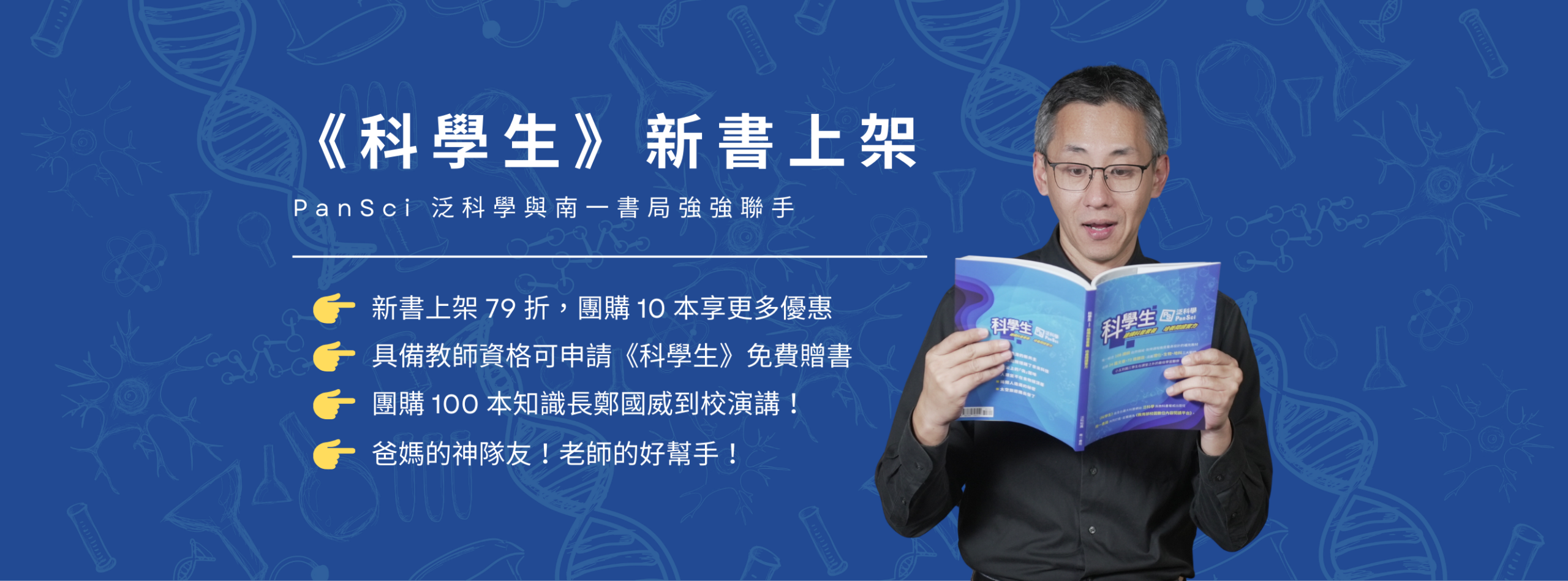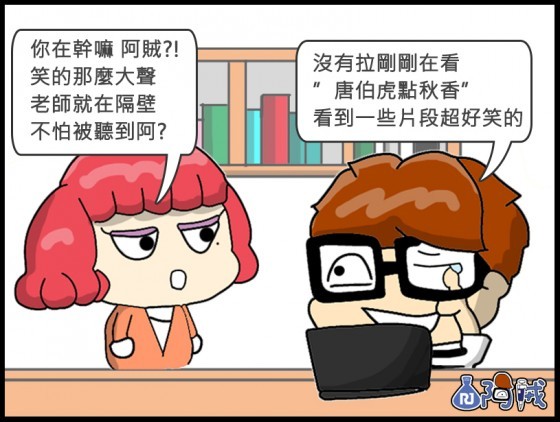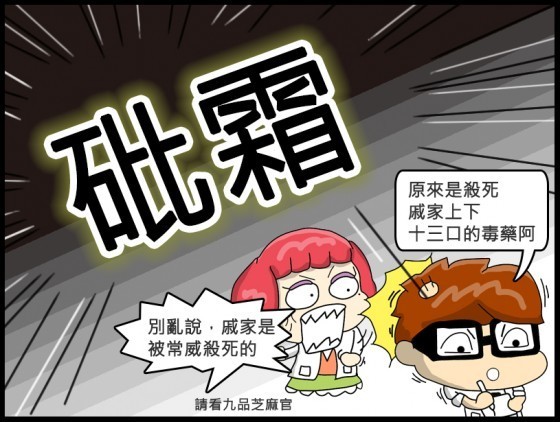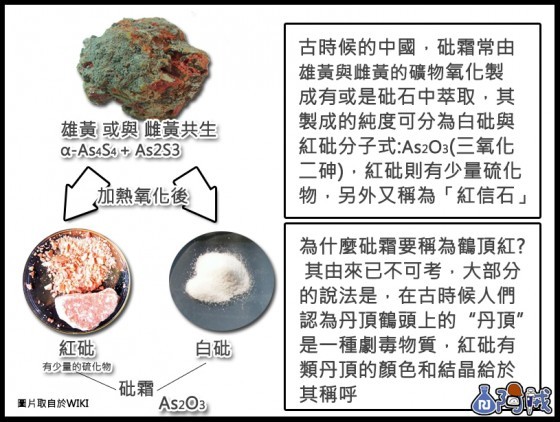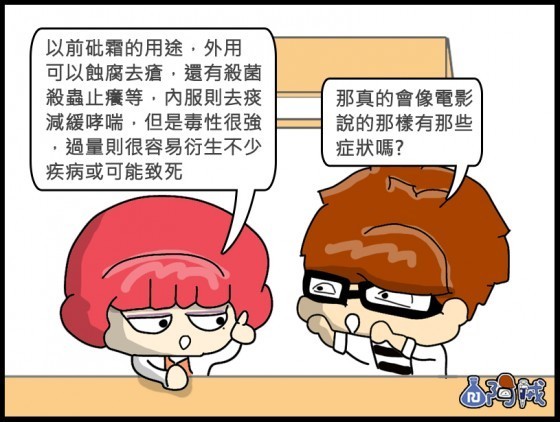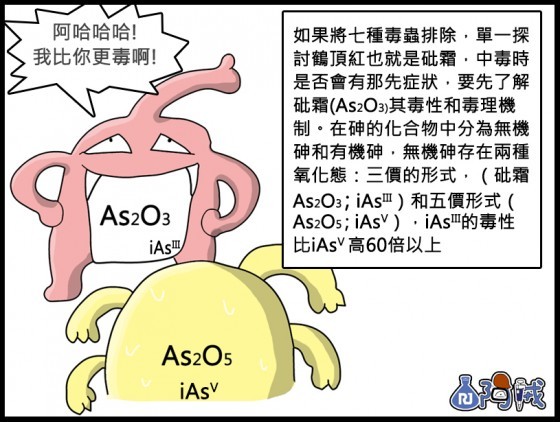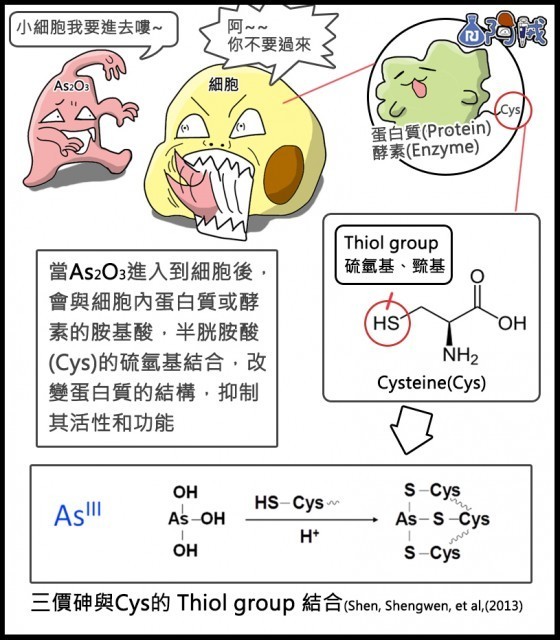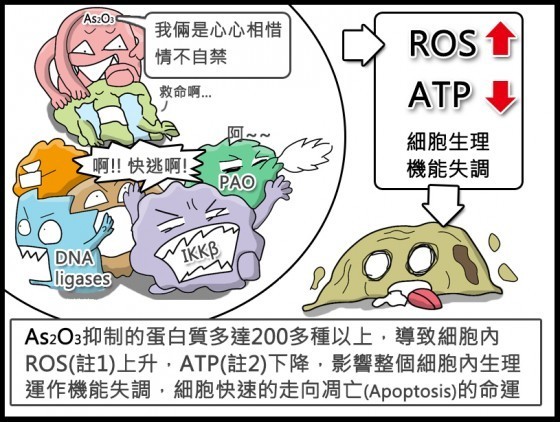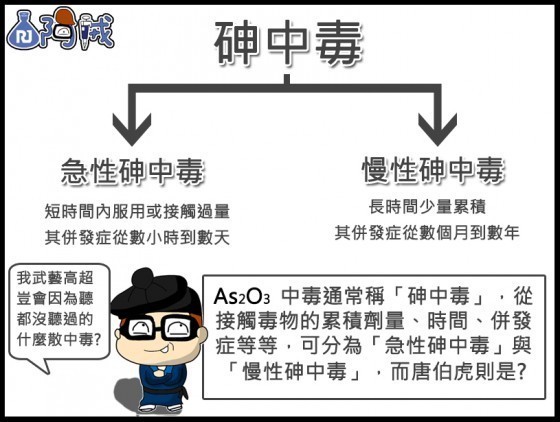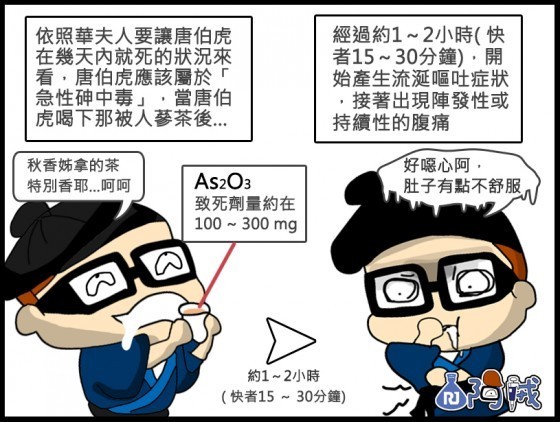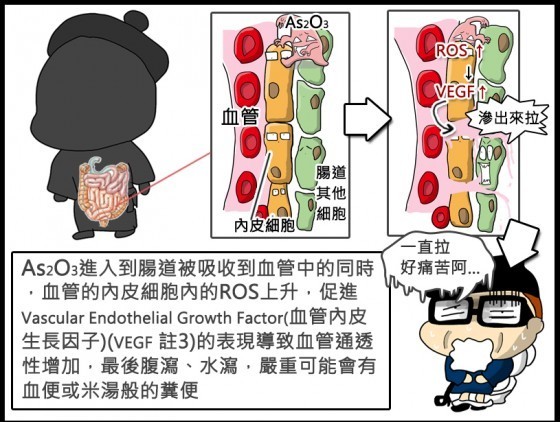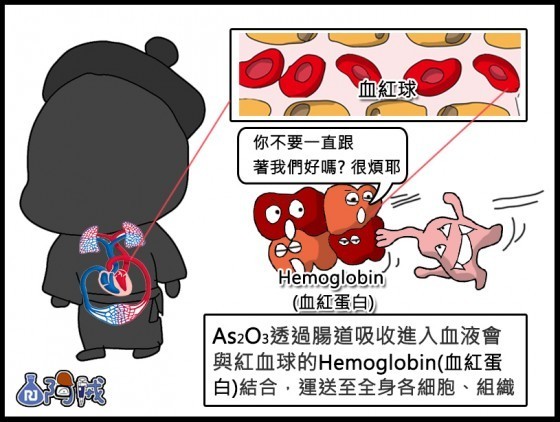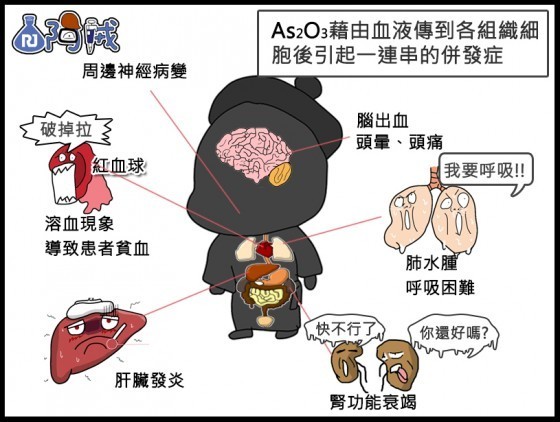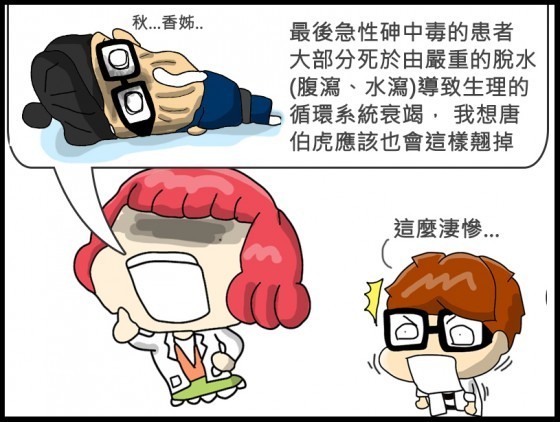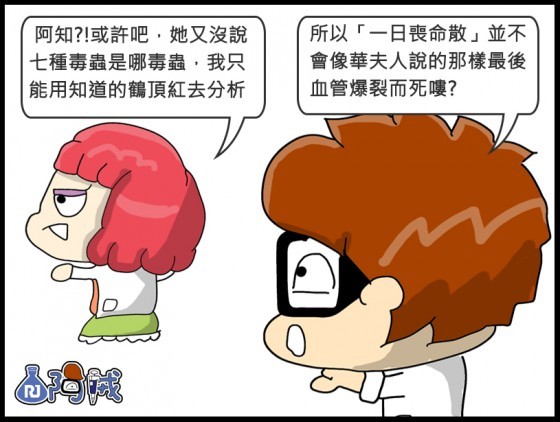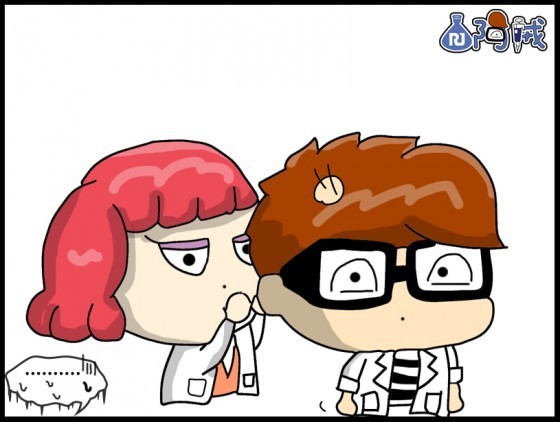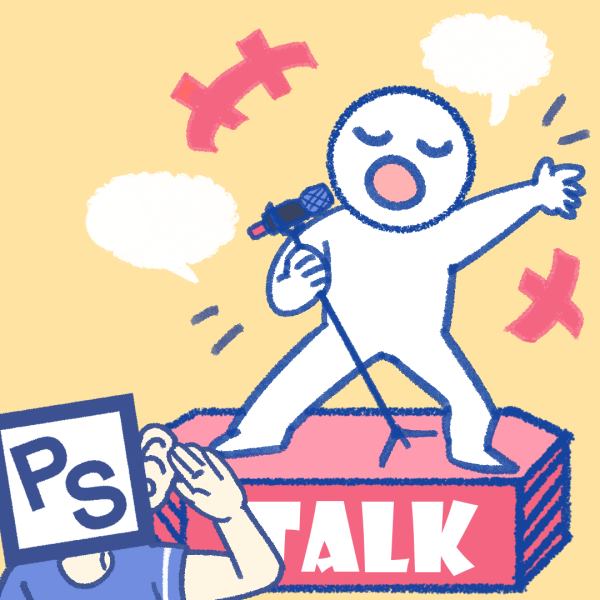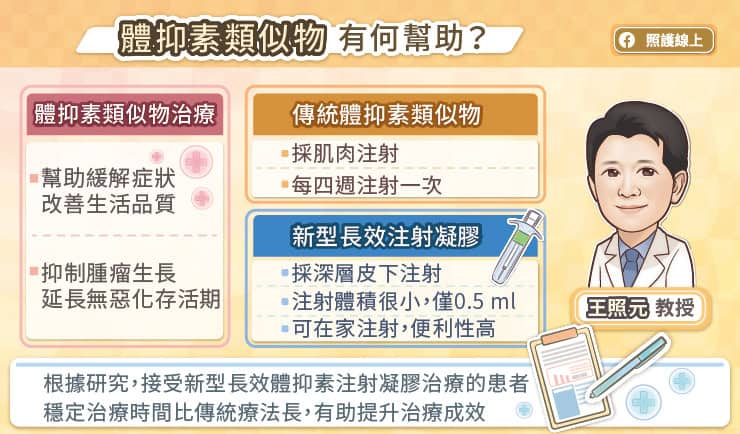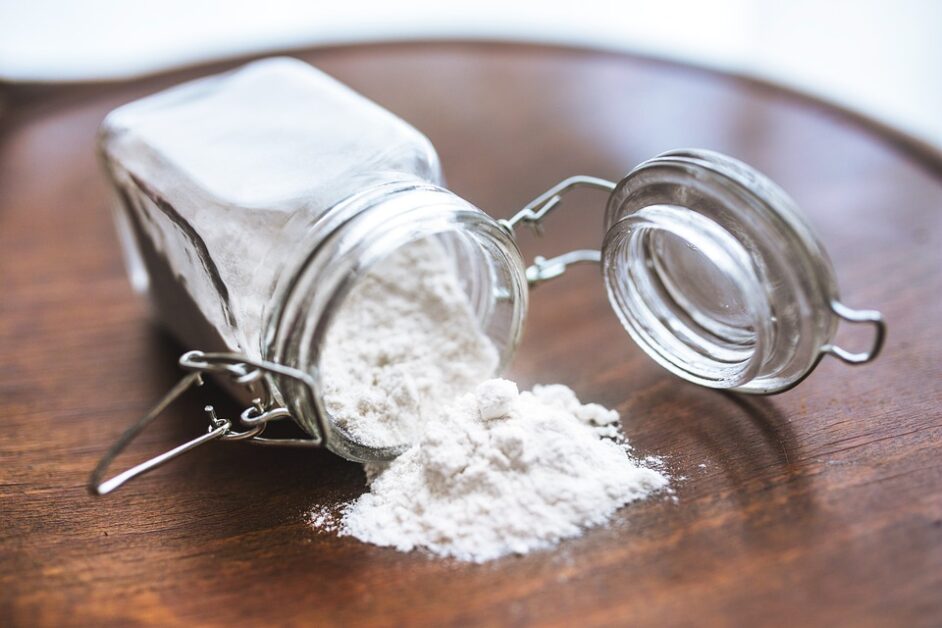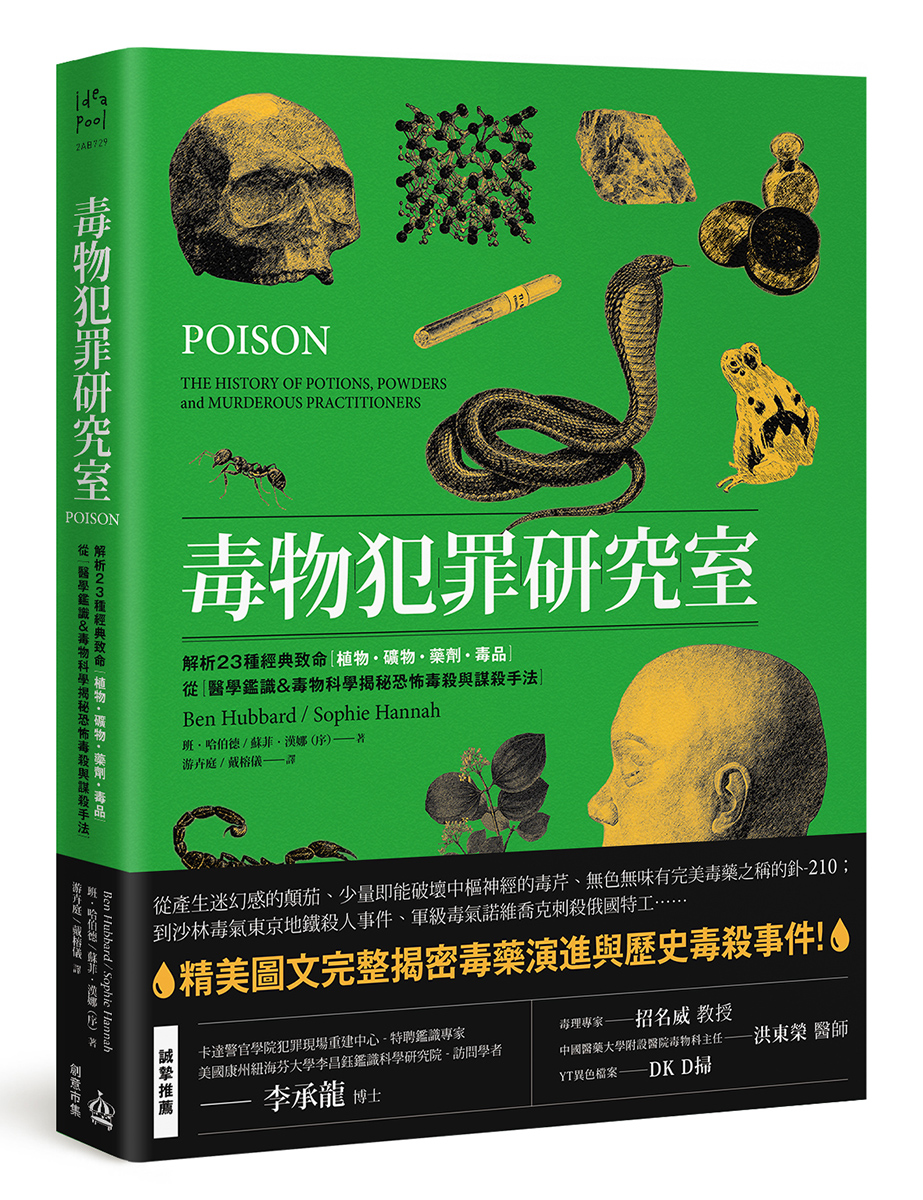最近看到周星馳的不少新聞,
讓我想起從小愛看的”唐伯虎點秋香”
忽然間靈光乍現,想起華夫人的”一日喪命散”
真的會血管爆裂而死嗎?
於是….就誕生了這篇科普文了……
其實不要看砒霜好像那麼恐怖,其實在醫學上最著名的就是應用在急性前骨隨細胞白血病(Acute promyelocytic leukemia, APL)的治療上,只要控制好劑量可以達到很好的治療效果
(Shen, Zhi-Xiang, et al. “Use of arsenictrioxide (As2O3) in the treatment of acute promyelocytic leukemia (APL): II.Clinical efficacy and pharmacokinetics in relapsed patients.” Blood 89.9(1997): 3354-3360.)
註釋:
- 活性氧化物質(Reactive oxygen species, ROS)是指含氧之化學活性分子,其中包括過氧化氫(H2O2)、次氯酸(HClO)、羥基自由基(HO)、單線態氧(1O2)等。ROS是在正常新陳代謝後,由氧形成的天然副產品,在細胞訊息傳遞(cell signaling)及體內平衡(homeostasis)方面扮演重要的角色。然而在外界環境屬於逆境時(如暴露在紫外線及高溫下),ROS的濃度會急劇升高。這種現象會對細胞結構造成明顯損害,長期累積下來,就形成氧化損傷(oxidative stress)。(資料來源:科技部高瞻自然科學教學資源平台)
- ATP 三磷酸腺苷(Adenosine triphosphate, ATP)是一種核苷酸,作為細胞內能量傳遞的「分子通貨」,儲存和傳遞化學能,維持細胞機能與運作(資料來源:WIKI)
- 血管內皮生長因子(Vascular endothelial growth factor, VEGF)在血管生長、血管通透性的 維持,以及血管內皮細胞壽命的延長上扮演了不可或缺的角色。(陳甫安, 徐大為, and 王緯書. “血管內皮生長因子的表現量與腎臟疾病的關連性.”內科學誌 21.5 (2010): 337-343.)
讓大家來回味一下片段吧
https://www.youtube.com/watch?v=fFCKflw0T0k
第一次寫自己領域以外的科普,如果有錯誤麻煩糾正瞜
想看更多科普漫畫歡迎訂閱阿賊的粉絲團
補充資料:
- Bao, Lingzhi, and Honglian Shi. “Arsenite Induces Endothelial Cell Permeability Increase through a Reactive Oxygen Species− Vascular Endothelial Growth Factor Pathway.”Chemical research in toxicology 11 (2010): 1726-1734.
- Shen, Shengwen, et al. “Arsenic binding to proteins.”Chemical reviews 10 (2013): 7769-7792.
- Hughes, Michael F. “Arsenic toxicity and potential mechanisms of action.”Toxicology letters1 (2002): 1-16.
- Yoshida, Takahiko, Hiroshi Yamauchi, and Gui Fan Sun. “Chronic health effects in people exposed to arsenic via the drinking water: dose–response relationships in review.”Toxicology and applied pharmacology 3 (2004): 243-252.
- Chaudhuri, Aditi Nag, et al. “Effect of high arsenic content in drinking water on rat brain.”INDIAN JOURNAL OF BIOCHEMISTRY AND BIOPHYSICS 36 (1999): 51-54.
- Huang, Chuanshu, et al. “Arsenic induces apoptosis through a c-Jun NH2-terminal kinase-dependent, p53-independent pathway.”Cancer research 13 (1999): 3053-3058.
- Tsai, Ming-Hsien, et al. “A mouse model for the study of vascular permeability changes induced by arsenic.”Toxicology mechanisms and methods 6 (2005): 433-437.
- Hirano, Seishiro, et al. “The accumulation and toxicity of methylated arsenicals in endothelial cells: important roles of thiol compounds.”Toxicology and applied pharmacology 3 (2004): 458-467.
- Abernathy, Charles O., et al. “Arsenic: health effects, mechanisms of actions, and research issues.”Environmental Health Perspectives 7 (1999): 593.
- known as As, Also. “Arsenic and Inorganic Arsenic Compounds.”Report on Carcinogens: 50.
- Yimin, Niu, et al. “三氧化二砷的代谢途径及毒理机制综述.”世界科学技术 中医药现代化 2 (2011).
- Testi, Anna Maria, et al. “Acute Promyelocytic Leukemia (APL): Comparison Between Children and Adults.”Mediterranean journal of hematology and infectious diseases 1 (2014).
- Shen, Zhi-Xiang, et al. “Use of arsenic trioxide (As2O3) in the treatment of acute promyelocytic leukemia (APL): II. Clinical efficacy and pharmacokinetics in relapsed patients.”Blood 9 (1997): 3354-3360.
- Miller, Wilson H., et al. “Mechanisms of action of arsenic trioxide.”Cancer research 14 (2002): 3893-3903.
- Saha, J. C., et al. “A review of arsenic poisoning and its effects on human health.”Critical reviews in environmental science and technology 3 (1999): 281-313.
- Ratnaike, Ranjit Nihal. “Acute and chronic arsenic toxicity.”Postgraduate medical journal 933 (2003): 391-396.
- Rodrıguez, V. M., M. E. Jimenez-Capdeville, and M. Giordano. “The effects of arsenic exposure on the nervous system.”Toxicology letters 1 (2003): 1-18.
